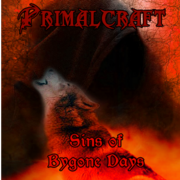Chapter 4: Amboseli (Part 1)
Sep 25, 2024
Creator
Recommendation for you

Recommendation
What Makes a Monster
BL 76.4k likes

Recommendation
Arna (GL)
Fantasy 5.5k likes

Recommendation
Blood Moon
BL 47.9k likes

Recommendation
Earthwitch (The Voidgod Ascendency Book 1)
Fantasy 3k likes

Recommendation
The Last Story
GL 46 likes

Recommendation
Primalcraft: Sins of Bygone Days
BL 3.3k likes

Feeling lucky
Random series you may like
2.1k views15 subscribers
Comments (0)
See all